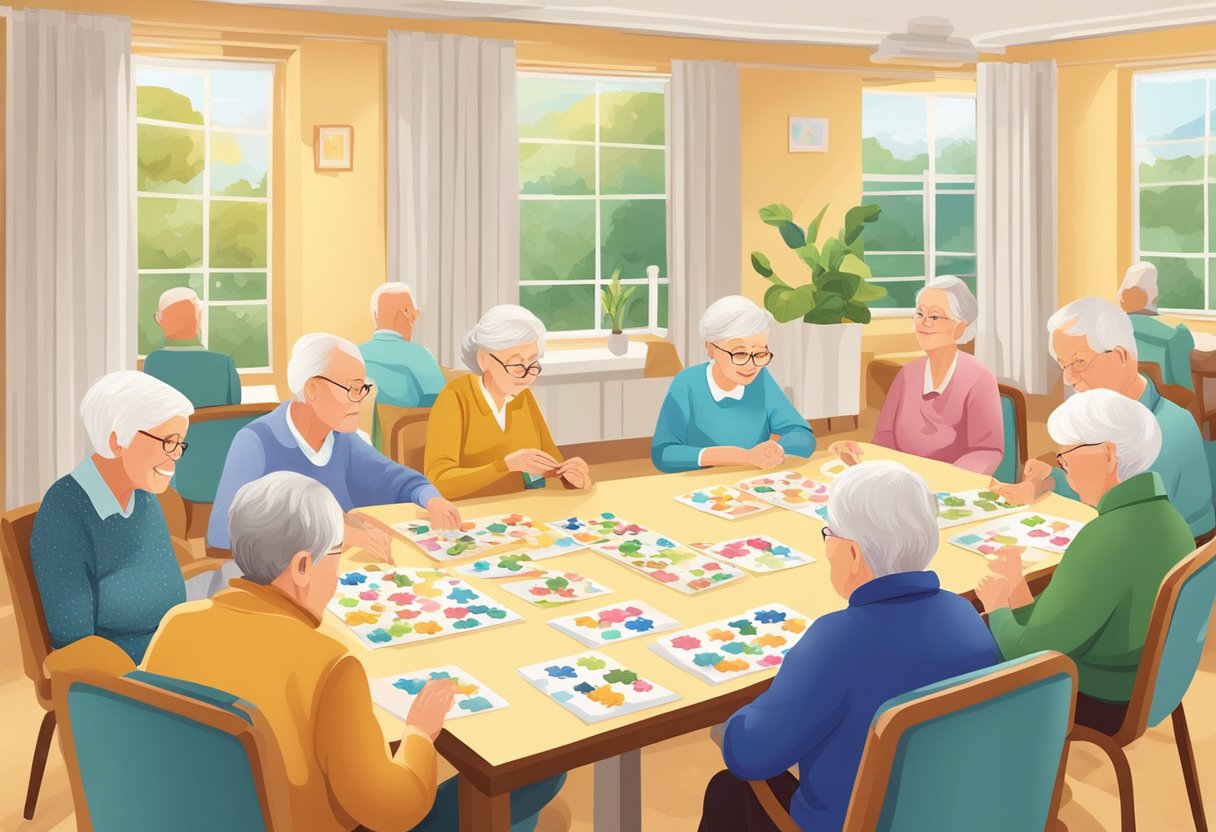For seniors and their relatives, there are some tough questions you might not know the answers to. How do I find the best level of care? How do I pay for senior home aides or for nursing homes? Do all doctors accept my Medicaid? And, the list goes on. Here we’ll cover some FAQ’s for senior citizens (and family members) in these areas and others. Regardless of the type of care you need, having the right answer will help you find the right treatment and solutions. So, let’s answer a few common questions you might have as a senior citizen.
Do all Doctors Accept my Medicare Provider?
All doctors accept Medicare, however, they might not accept all providers. When choosing a Medicare provider, find out if your doctor is on their preferred list or not. If not, talk to your doctor and ask if they would accept the policy you choose. You have more than one option in terms of Medicare policies. So, shop around and compare them. See what most local doctors accept, and which insurers they work with most frequently. This will help you make an informed decision. And, it will allow you to choose the best network (for other care needs) and remain with your primary care doctor.
What are my Options for Paying for Senior Care/Housing?
There are several ways in which you can pay for senior care or at home care. First, there’s the self-pay route. If you have the funds or if you have family to help, you can pay this way. Many homes offer discounts if you pay the entire year up front. So, discuss those discounts rather than paying monthly.
A second option is Medicare, Medicaid, and other insurance. Even life insurance can help. There are cash payout benefits available through some insurance companies, so find out about those. This can cover your home care or nursing care, up to 80% (Medicare). And, like other needs, you can get supplemental coverage or low income assistance to pay the remainder. You might be limited in the type of home you can choose if it is fully covered.
Can I Work and Still Earn Social Security Benefits?
Yes. In fact, there are programs where you can do community service type work, part-time, and earn minimum wage. This is offered by government agencies if you are a low income senior. If you’re living off social security and it’s not enough, you can earn for community service work. You aren’t required to retire to earn SS income either. Working part time or doing consulting work might be an option. Your benefits, however, might be cut accordingly, based upon how much you’re earning. So, discuss your options with a local SSA agency office. They’re located around the US, so you shouldn’t have a hard time finding one locally.
What is Assisted Living and How Does it Differ from a Nursing Home?
Assisted living is more for seniors who are active. If you want to maintain your liberties and sense of freedom, it is a great option. Furthermore, you have community activities, gyms, and other on-site activities you can engage in. Nursing homes, are geared more towards those who are less active. If you need around the clock care or more medical attention, this is the route to go. Assisted living communities often run between $2000 to $3500 monthly in most regions. Nursing homes, on the other hand, are closer to $5000 and can easily exceed $10000 in some regions monthly.
Does Medicare Cover Surgical Procedures?
Yes, if you are 65 or older, you are covered. However, Medicare only covers up to 80% of all annual medical bills/costs. Therefore, you’ll need to pay for the remaining 20%. How do you cover these costs? Medigap insurance policies are available or supplemental insurance is an option. You can self-pay if you have the means to do so. There are also other SSA (social security administration) benefits available for seniors. VA benefits are available if you are a veteran.
There’s more than one way you can cover the additional 20%. These are a few of the options to consider applying for. If you are low-income, you can also apply for Medicaid. This will typically cover the remaining costs for hospital stays, medication, or doctor visits after surgery.



